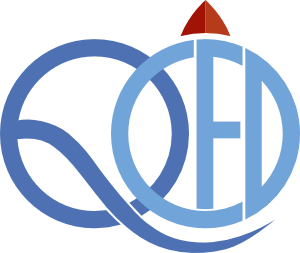Philipp J. Vetter, Thomas Reisser, Maximilian G. Hirsch, Tommaso
Calarco, Felix Motzoi, Fedor Jelezko and Matthias M. Muller.
A recurring challenge in quantum science and technology is the precise control of their underlying
dynamics that lead to the desired quantum operations, often described by a set of quantum gates.
These gates can be subject to application-specific errors, leading to a dependence of their controls on
the chosen circuit, the quality measure and the gate-set itself. A natural solution would be to apply
quantum optimal control in an application-oriented fashion. In turn, this requires the definition of
a meaningful measure of the contextual gate-set performance. Therefore, we explore and compare
the applicability of quantum process tomography, linear inversion gate-set tomography, randomized
linear gate-set tomography, and randomized benchmarking as measures for closed-loop quantum
optimal control experiments, using a macroscopic ensemble of nitrogen-vacancy centers in diamond
as a test-bed. Our work demonstrates the relative trade-offs between those measures and how to
significantly enhance the gate-set performance, leading to an improvement across all investigated
methods.
Cite as BibTex
@misc{vetter2024gatesetevaluationmetricsclosedloop,
title={Gate-set evaluation metrics for closed-loop optimal control on nitrogen-vacancy center ensembles in diamond},
author={Philipp J. Vetter and Thomas Reisser and Maximilian G. Hirsch and Tommaso Calarco and Felix Motzoi and Fedor Jelezko and Matthias M. Müller},
year={2024},
eprint={2403.00616},
archivePrefix={arXiv},
primaryClass={quant-ph},
url={https://arxiv.org/abs/2403.00616},
}
